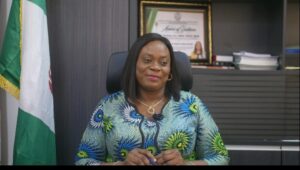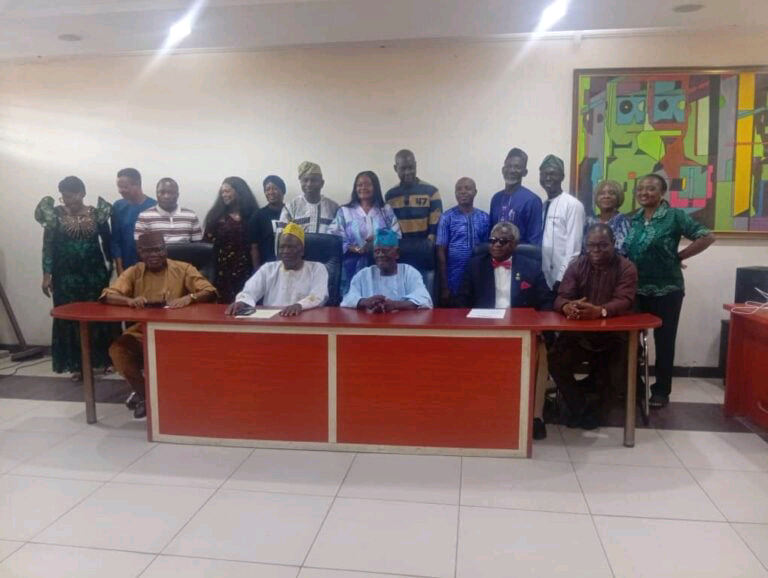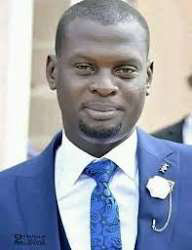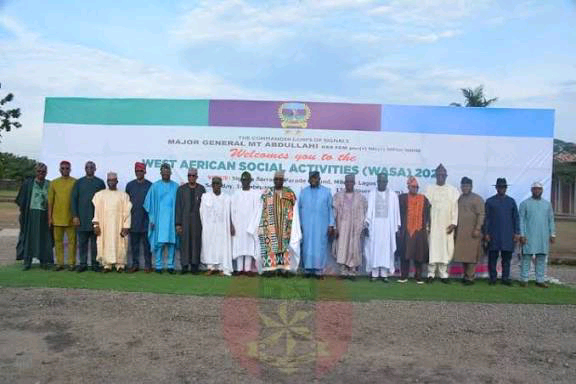Nigeria Mobilizes Emergency Funds to Avert HIV Drug Shortage Amid U.S. Aid Suspension
 The National Agency for the Control of AIDS (NACA) is addressing rising concerns about a possible shortage of HIV medications in Nigeria following the recent halt of U.S. foreign assistance. With the World Health Organization (WHO) cautioning that several nations, Nigeria included, are susceptible to treatment interruptions, the federal government has allocated emergency funds to mitigate the issue.
The National Agency for the Control of AIDS (NACA) is addressing rising concerns about a possible shortage of HIV medications in Nigeria following the recent halt of U.S. foreign assistance. With the World Health Organization (WHO) cautioning that several nations, Nigeria included, are susceptible to treatment interruptions, the federal government has allocated emergency funds to mitigate the issue.
Dr. Temitope Ilori, NACA’s Director-General, stated that the government has authorized emergency funds, which include N4.8 billion designated for HIV initiatives and an overall commitment of $1.07 billion to the health sector via the Human Capital Opportunities for Prosperity and Equity (HOPE) program. Furthermore, the National Assembly has approved an additional N300 billion for health in the budget for 2025.
“We have taken proactive measures to prevent any disruption of services,” asserted Dr. Ilori. “There is no shortage of antiretroviral medications, and services across the country are fully operational.”
Reactions from the public have been varied, with some Nigerians feeling hopeful while others remain skeptical.
For 34-year-old Ngozi Ibe, who has been receiving HIV treatment since 2015, the government’s response has provided some comfort. “When I learned about the suspension of U.S. aid, I panicked,” she explained. “But the fact that the government is intervening gives me hope. I just hope the drugs don’t run out.”
Conversely, Ayo Martins, a community health advocate in Lagos, expressed doubt. “I’ve witnessed many government pledges fail to materialize,” he said. “We need transparency and accountability—merely discussing large figures isn’t sufficient; we want to see medications available at clinics and support for patients.”
Health workers also share concerns. Dr. Grace Odunayo, who oversees an HIV clinic in Osun State, emphasized that consistent supply and effective logistics are as vital as funding.
“It’s encouraging that the government is allocating funds,” she remarked. “However, we require strong distribution networks and support for healthcare professional, or patients will still encounter difficulties.”
Civil society organizations have praised the government’s prompt actions but are advocating for sustainable solutions.
“While we commend the emergency measures, it’s crucial for Nigeria to lessen its reliance on foreign donors,” stated Emmanuel Ude, Program Director at Positive Voice Nigeria. “This should serve as a wake-up call to enhance our health infrastructure and increase domestic resource mobilization.”
Experts believe this situation could lead to a transition towards more domestically-driven public health strategies.
“With the U.S. aid suspension, Nigeria has a chance to demonstrate leadership,” noted Dr. Ifeanyi Nwankwo, a public health policy analyst. “But achieving this will depend on political commitment, effective communication, and accountability.”
As events unfold, those living with HIV in Nigeria and their support organizations will closely monitor the situation to ensure that commitments are realized.







